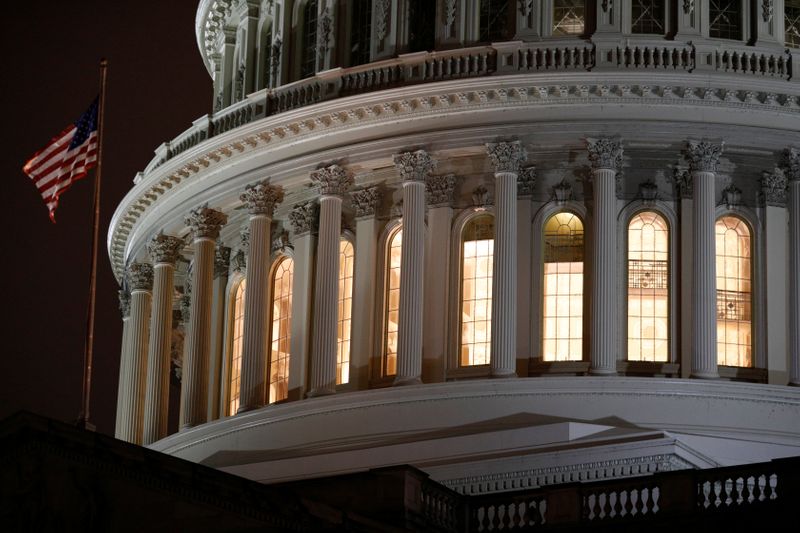WASHINGTON (Reuters) - The top Republicans in the U.S. Congress displayed a united front on Friday in their drive for coronavirus-related liability protections for businesses, saying such measures will be crucial to talks about future relief legislation.
Senate majority leader Mitch McConnell and House of Representatives Republican leader Kevin McCarthy issued a joint statement redoubling their demands that "Americans on the front lines of this fight must receive strong protections from frivolous lawsuits."
"Senate and House Republicans agree these protections will be absolutely essential to future discussions surrounding recovery legislation," they said.
The statement marks a hardening line of demarcation between Republicans and Democrats over the question of business liability as the two sides spar over the prospects of a new coronavirus relief package. Democrats are pushing for nearly $1 trillion in federal assistance to states and local governments.
With half of all U.S. states forging ahead with strategies for easing restrictions on restaurants, retail and other businesses shuttered by the coronavirus crisis, business groups have been pushing for protection against COVID-19-related lawsuits for companies that follow health and safety guidelines.
The Trump administration is also pushing for liability safeguards, as well as a reduction in business regulations.
But Democrats have dismissed Republican calls to include liability protections in legislation, saying it could jeopardize workers and coronavirus patients.
White House economic adviser Larry Kudlow said on Friday that liability protections should be included in new legislation among pro-growth measures including payroll tax cuts for workers and business investment expensing.
"We'll probably come together in a few weeks, and resume the discussions. But our emphasis, I believe, is going to be on future growth incentives," Kudlow said in an interview with Fox (NASDAQ:FOX) News.
House Speaker Nancy Pelosi said on Thursday that money for state and local governments would form the core of the next legislative package that House Democrats are drafting. Other Democratic priorities include extending broadband access.
With the Senate poised to hold regular sessions next week for the first time since March, the U.S. Capitol's attending physician issued a six-page document to congressional offices laying out health and safety practices for the sprawling complex.
Dr. Brian Monahan's guidance strongly urged the use of face masks in congressional workplaces. But Capitol Police will not enforce that suggestion. For those not wearing face masks, a six-foot distance with others is being required. Workers are also being instructed to measure their body temperatures each morning at home before reporting to work.
It was not yet clear when the House of Representatives would return to regular sessions in Washington.
